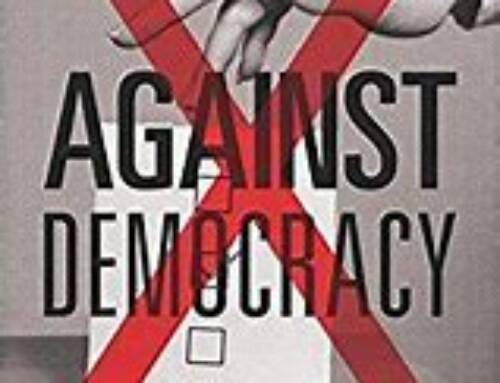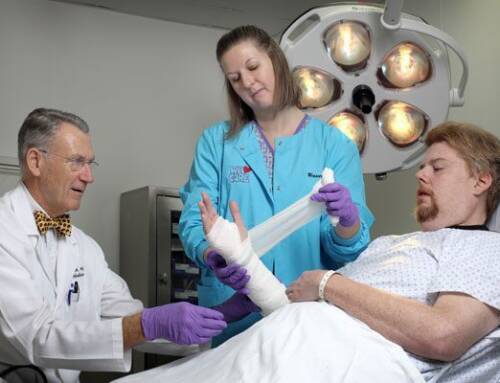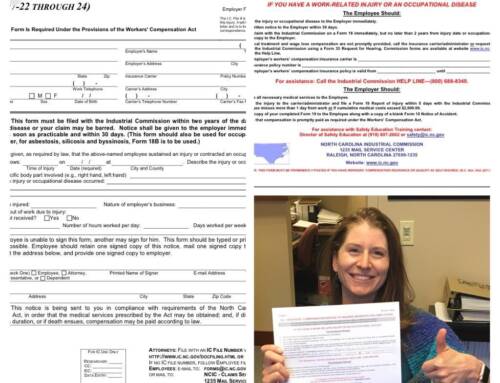Today’s post comes from guest author Jon Gelman from Jon Gelman, LLC – Attorney at Law.
Winter weather can make work much more dangerous. Some of the hazards associated with working in snowy or stormy weather include:
- Driving accidents due to slippery roadways
- Carbon monoxide poisoning
- Slips and falls due to slippery walkways
- Hypothermia and frostbite due to the cold weather exposure
- Being struck by falling objects such as icicles, tree limbs, and utility poles
- Electrocution due to downed power lines or downed objects in contact with power lines
- Falls from heights (e.g. falls from roof or skylights while removing snow)
- Roof collapse under weight of snow (or melting snow if drains are clogged)
- Burns from fires caused by energized line contact or equipment failure
- Exhaustion from working extended shifts
- Dehydration
- Back injuries or heart attack while removing snow
- Potential hazards from down power lines include:
- Electrocution by contacting downed energized lines, or contacting objects, such as broken tree limbs, in contact with fallen lines.
- Falls from heights.
- Being struck or crushed by falling poles, towers or parts thereof, tree limbs, ice accumulation on lines, towers and poles.
- Being injured in vehicular accidents when responding to an emergency situation.
- Burns from fires caused by energized line contact or equipment failure.
Workers are entitled to receive workers’ compensation benefits should they get hurt at work. The benefits include temporary compensation when out of work and under treatment, medical treatment and permanent disability benefits. Workers should consult an attorney at once if they sustain a work-related accident.
For over 3 decades the Law Offices of Jon L. Gelman in New Jersey have been representing injured workers’ and their families who have suffered occupational accidents and illnesses. Jon is a prolific author, public speaker and educator on the topic of workers’ compensation law.







